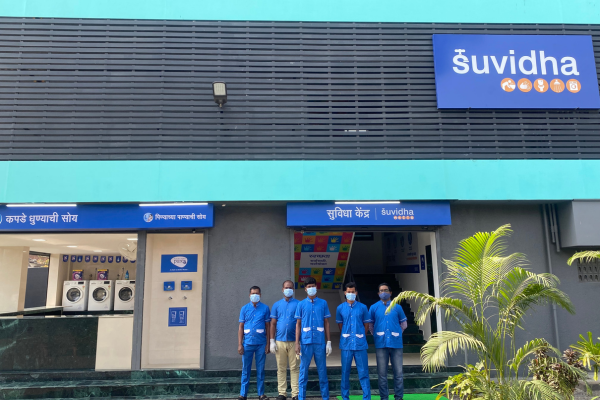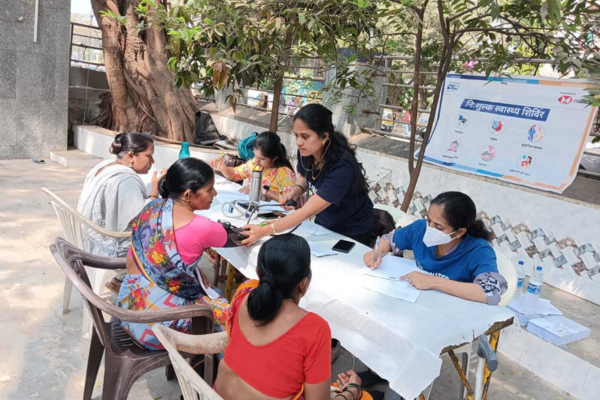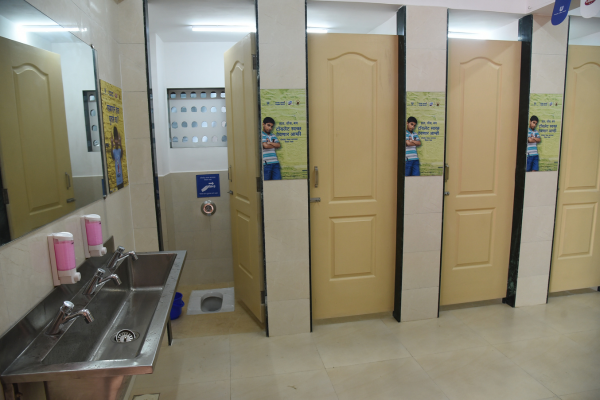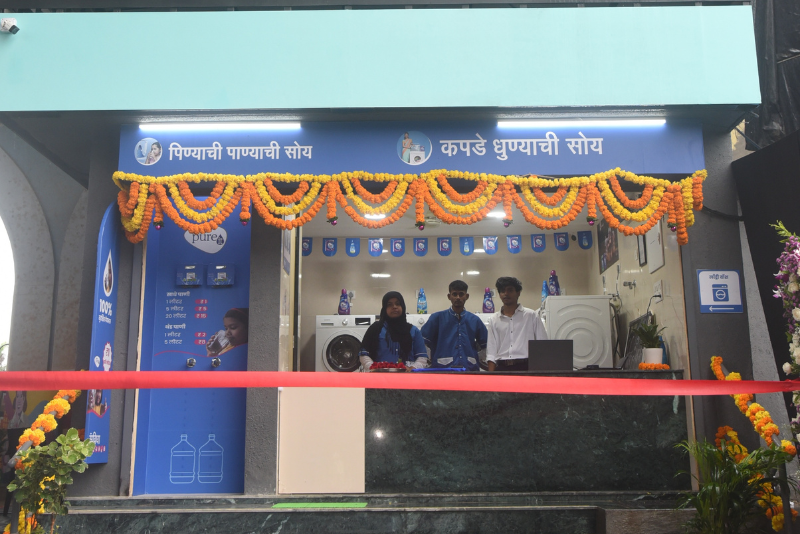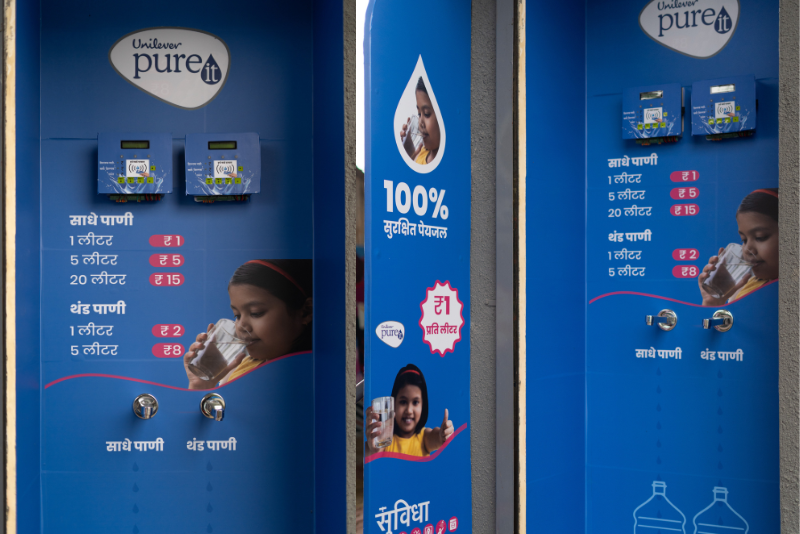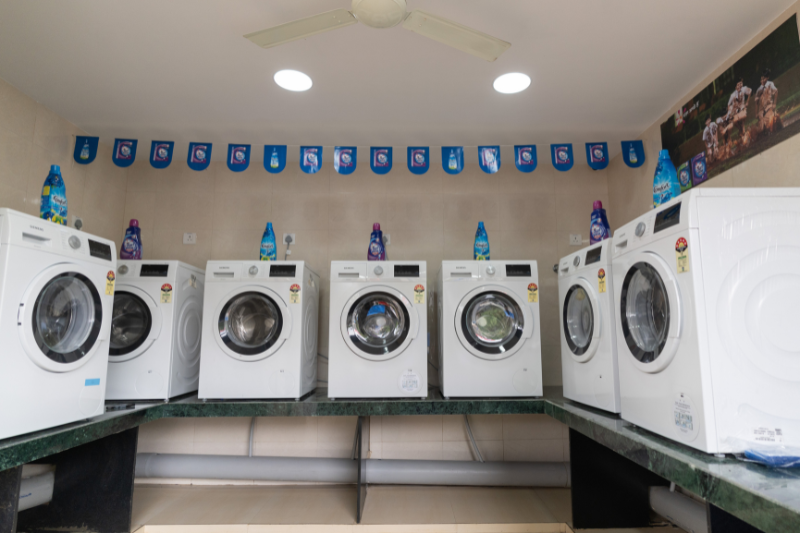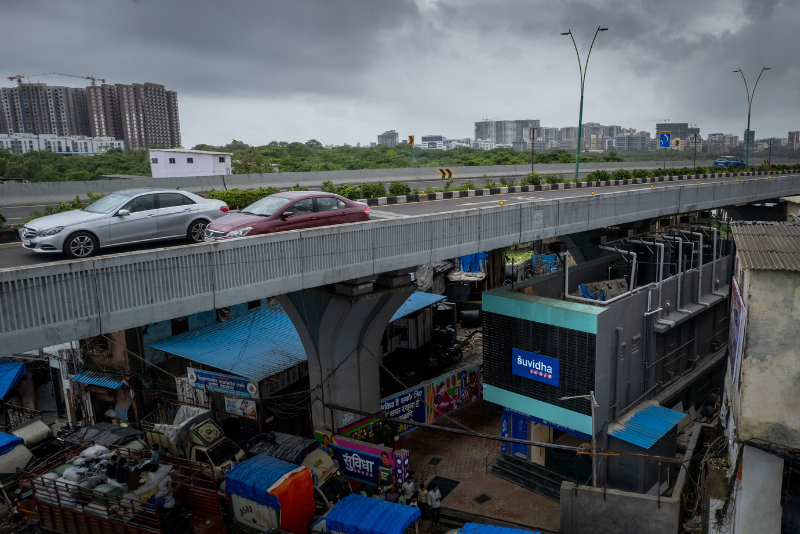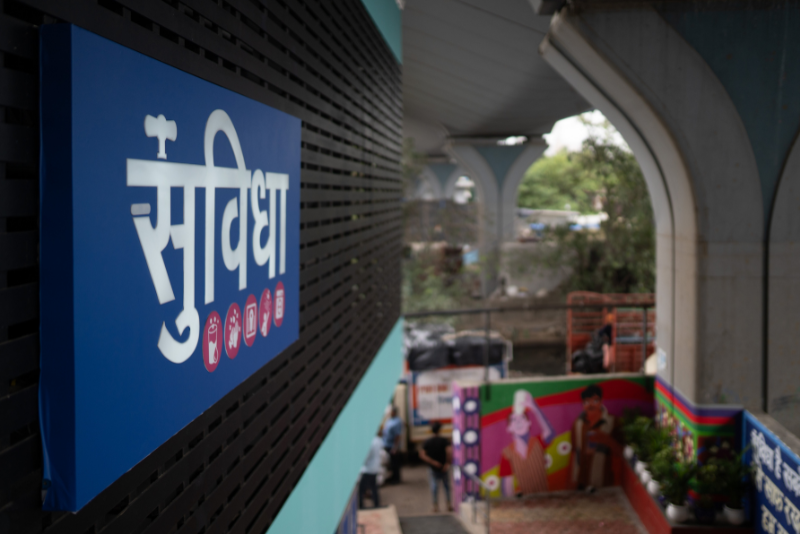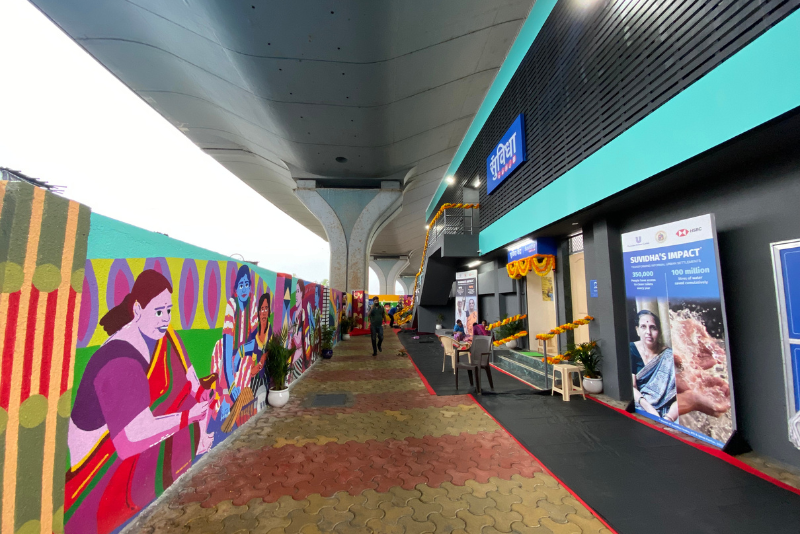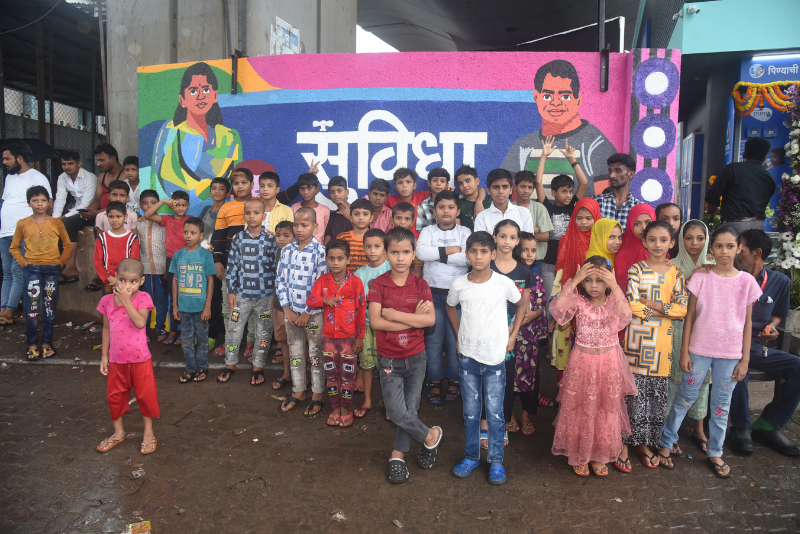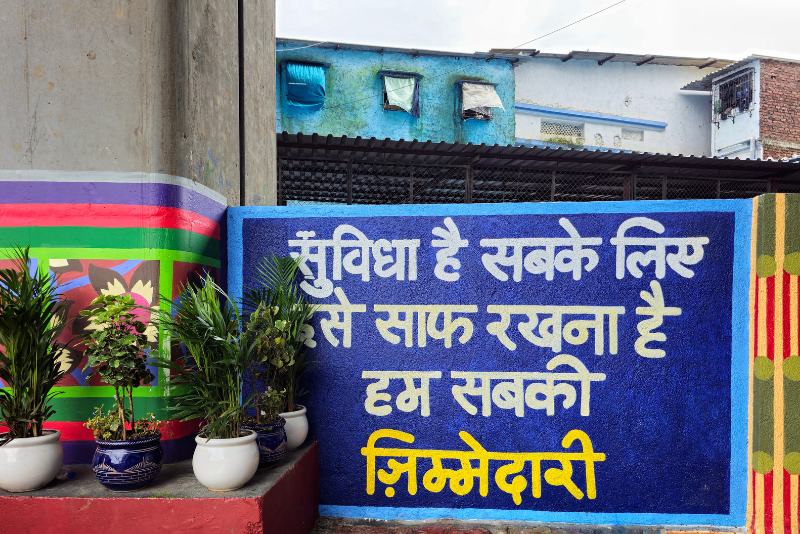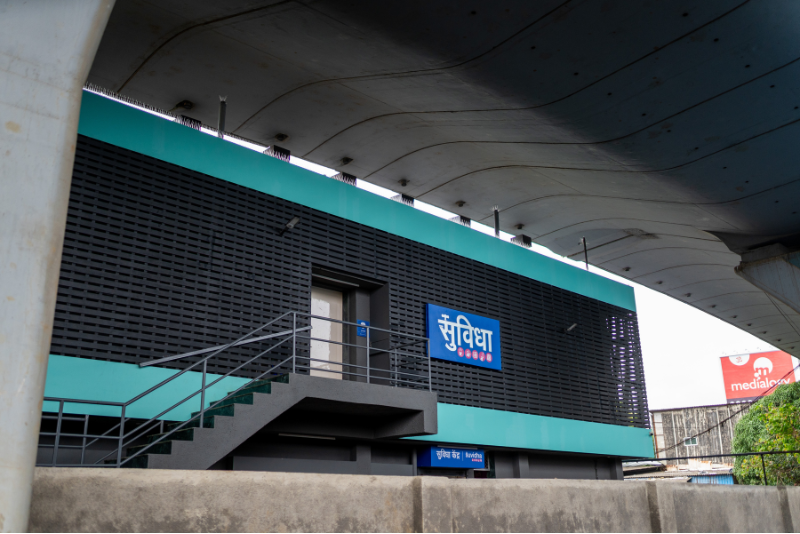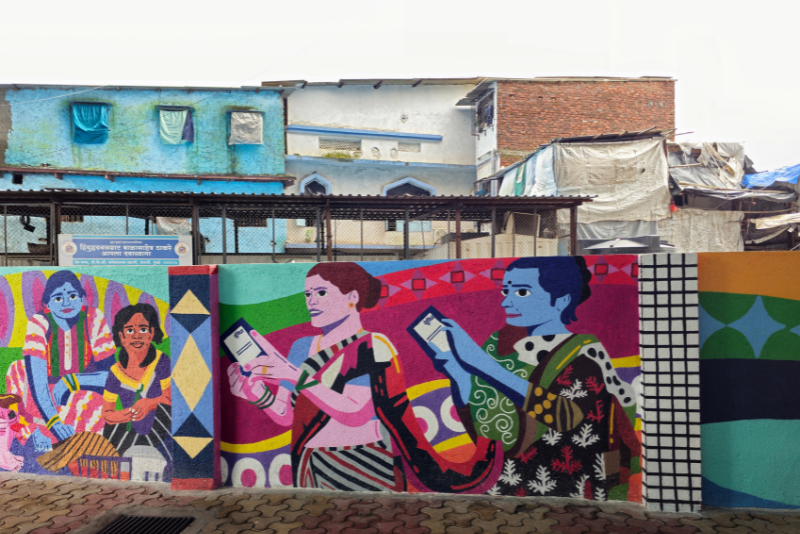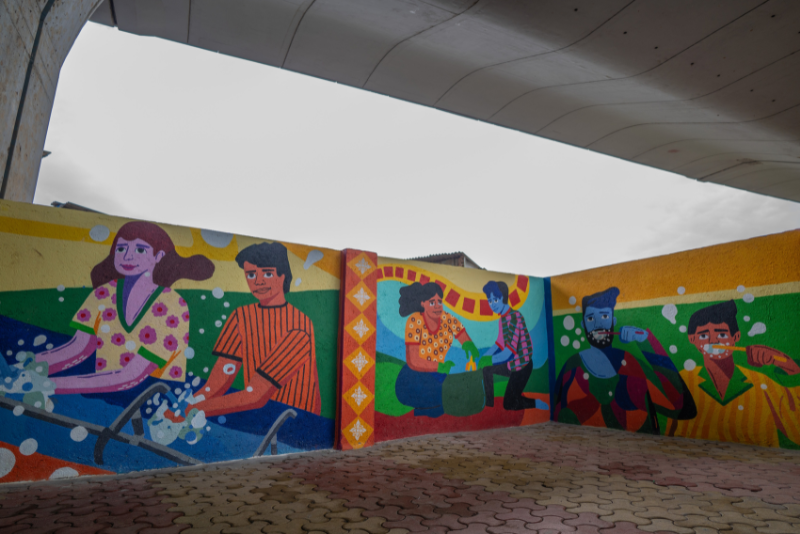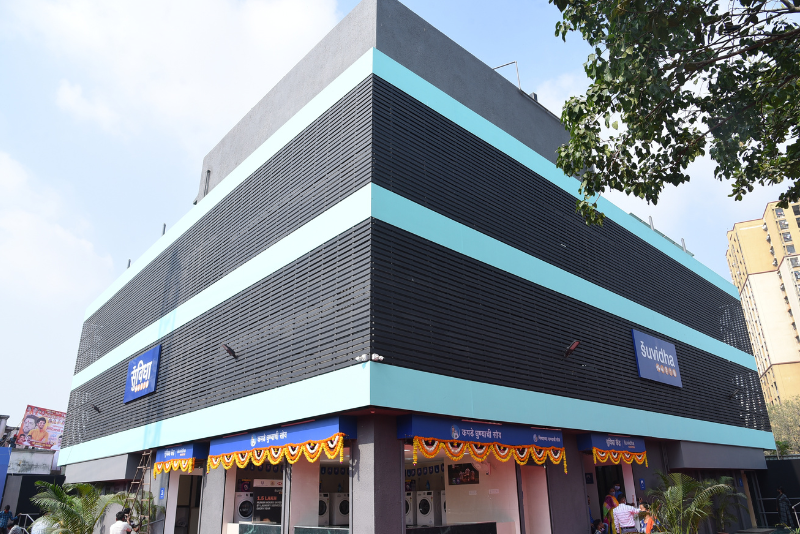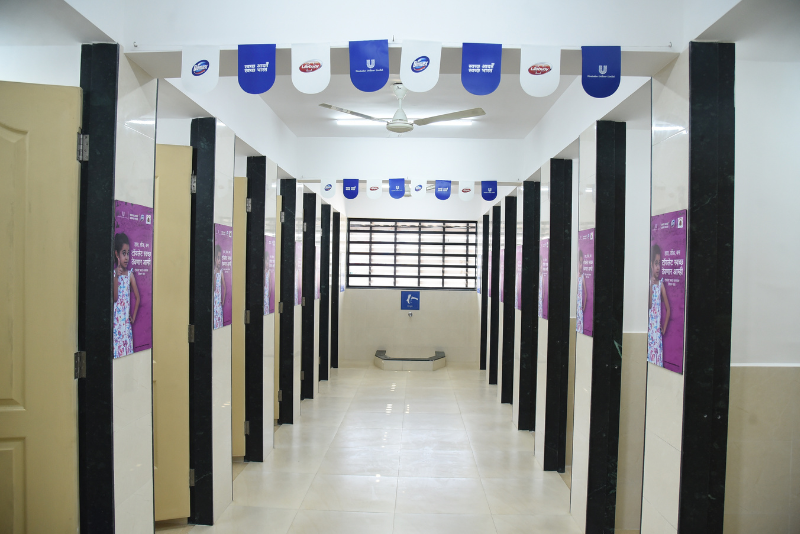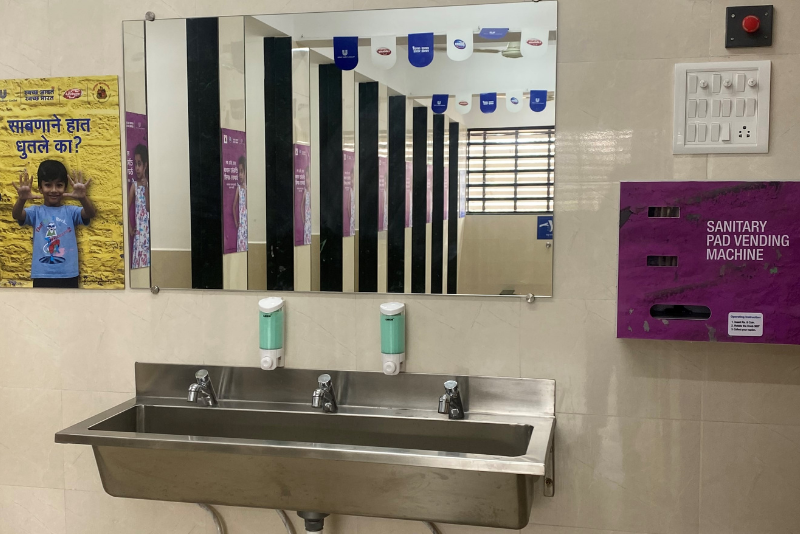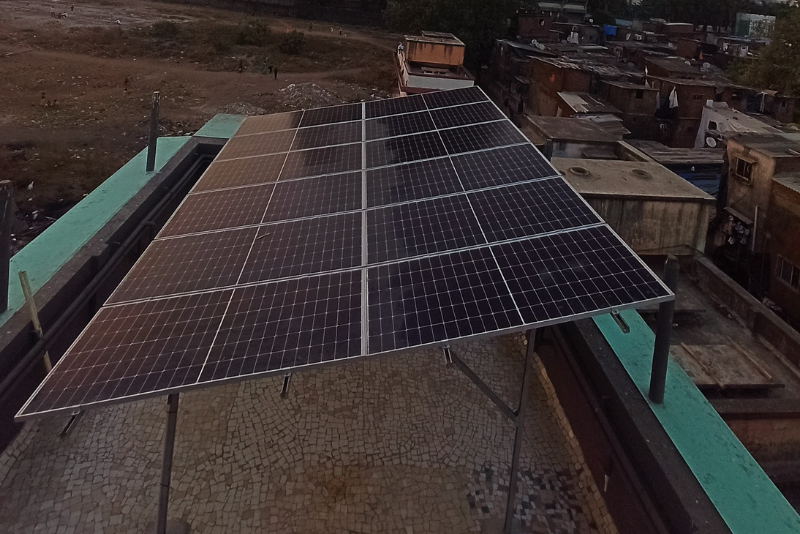THE NEED
Inadequate sanitation is much more than just an inconvenience - It costs lives, dignity and productivity. Poor sanitation means dying children, uneducated girls, vulnerable women, unhealthy living conditions and ultimately unproductive and poor populations. In India, 1,600 children die every day before reaching their fifth birthday, 24% of girls drop out of school and more than 30% of marginalized women are violently assaulted every year as the lack of basic sanitation forces them to travel long distances to meet their needs. Above all, lack of sanitation is not a symptom of poverty but a major contributing factor. Our slum communities today still do not have functional toilets or safe drinking water. The distance and unsanitary condition of public toilets drives them to open defecation. They also stand in long queues to gather water and have to pay a premium to buy water from private vendors.
SOLUTION
The Suvidha model was piloted by Unilever as a solution to the WASH problem in urban slum communities. In support of the Swachh Bharat mission, it believes that the solution to improving hygiene and sanitation will not come from increasing the number of toilets alone. There is a need to create a system for efficient and functional services combined with behavior change. The land for the Suvidha centre is provided by the MCGM and the project is executed through a public private partnership. The project is supported by Unilever, HSBC and JSW. The structure has a basement, two floors and a terrace. It can cater to 1500 slum dwellers and meet almost 80% of their of their basic water needs for laundry, showers, toilets and handwashing. It includes:

